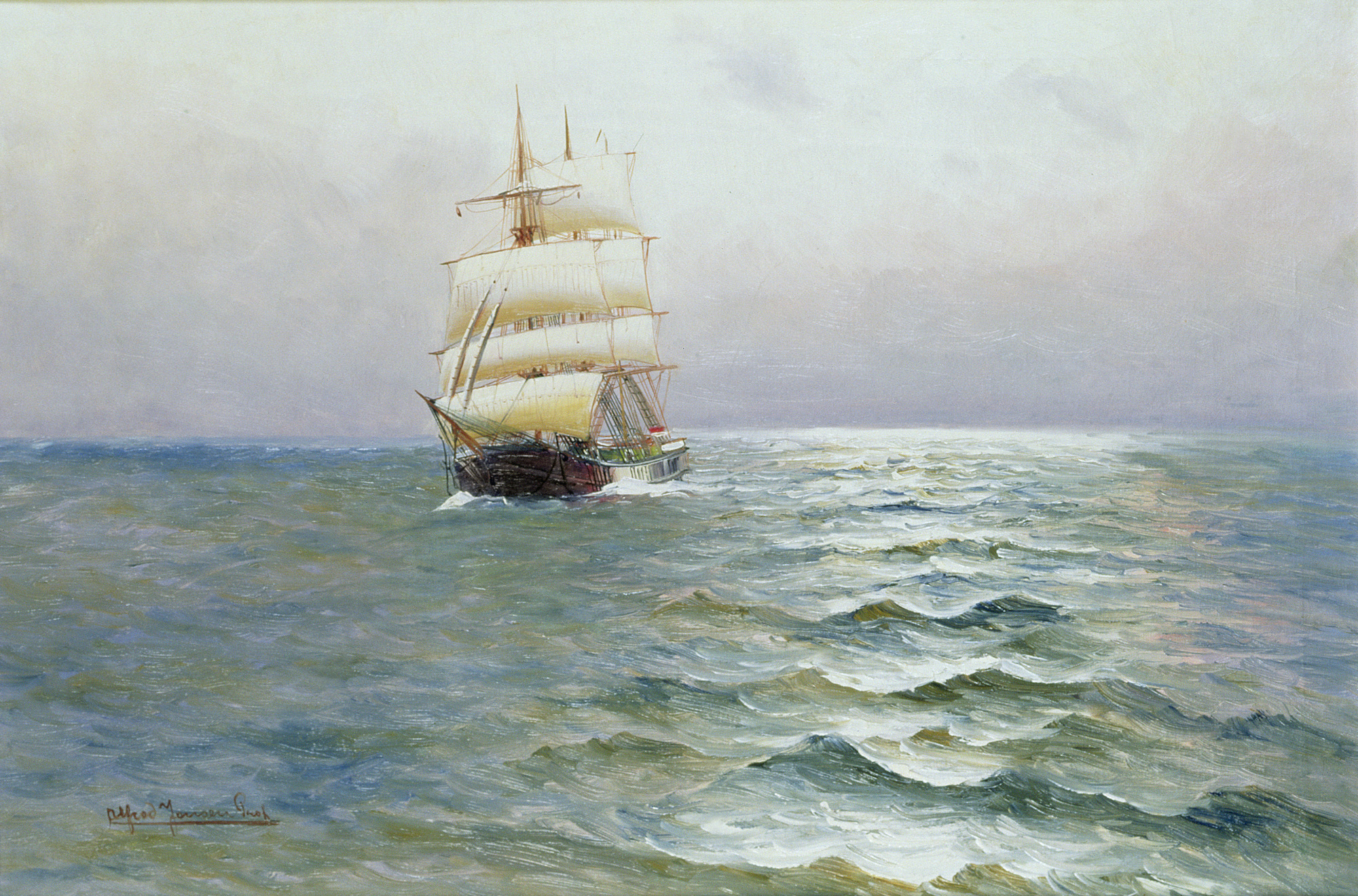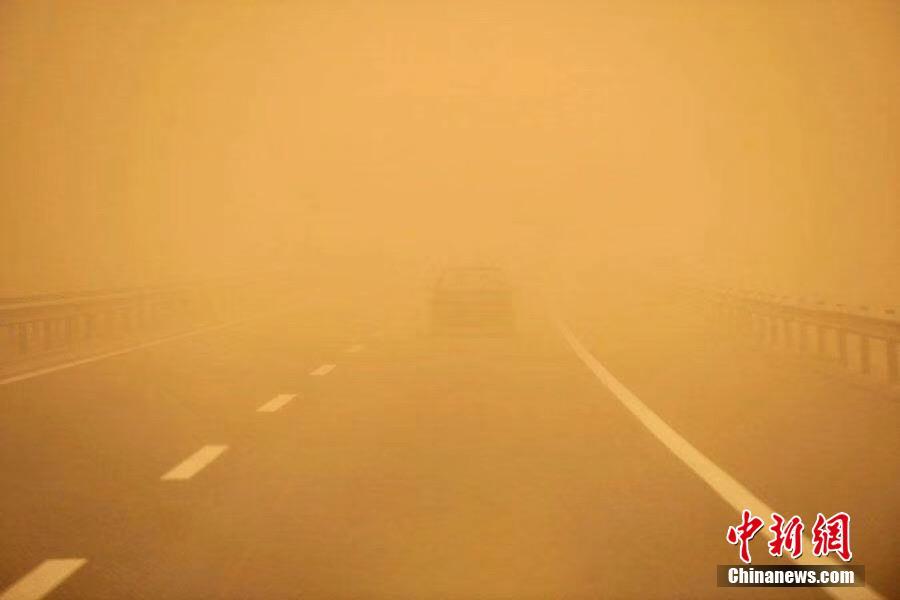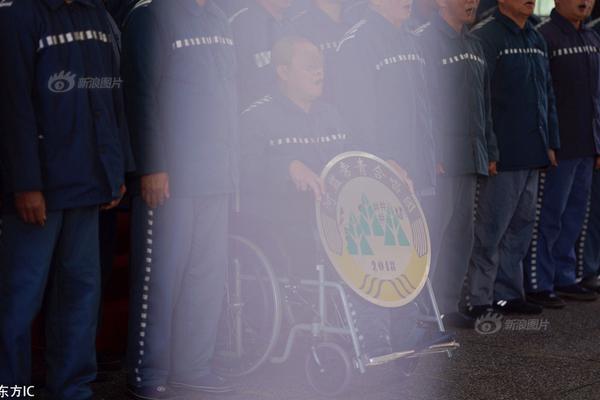Want to avoid premature wrinkles?update Archives Drink plenty of water, wear sunscreen, don't smoke, never frown or knit your brow, and try to limit your time in outer space.
Astronauts' skin takes quite a beating, even without gravity to weigh it down. In fact, spacefarers say they tend to get dry, flaky, and thin skin, depleted of natural oils that keep cells plump. Yet the downsides of spaceflight, which alters gene behavior and seems to speed up the aging process, could be a key for dermatological researchers, unlocking mysteries behind old-age-related skin problems.
The unique environment in orbit has caught the attention of Colgate-Palmolive, the toothpaste giant with a newly expanded skincare division. The company is about to use the International Space Station as a test-bed for skin research, following its recent use of the space lab for an oral health study. The space station is a taxpayer-funded national laboratory, so NASA regularly invites research collaborations with private businesses.
Human skin tissue culture plates will launch aboard Northrop Grumman's Cygnus spacecraft on an Antares rocket from NASA's Wallops Flight Facility on Feb. 19. The specimens, cells from a single donor, will be included on a supply craft containing 8,200 pounds of research materials and crew provisions. If all goes well, the spacecraft will reach the station on Feb. 21.
SEE ALSO: How the space station flipped out of control—and why that's a big problemNASA unexpectedly revealed a Webb telescope 'first light' image
How NASA locked Omicron out of its Webb telescope control room
Russian film crew launches into space to shoot movie on International Space Station
Colgate, the parent company for Filorga Cosmetics, Elta MD, and PCA Skin, wants to study the molecule and cell-level changes underlying skin deterioration in samples exposed to the space station's microgravity, said Lia Arvantitidou, the company's vice president of personal care and skin research and development.
An experiment using the same samples will run simultaneously on the ground. Differences in molecular patterns between the tissues could reveal clues about the biological mechanisms happening when our bodies naturally repair skin.
"We believe that the findings will help us better identify areas for early intervention in skin health and ultimately help guide the development of groundbreaking skincare innovations across all of Colgate-Palmolive skincare brands," she said during a NASA call with reporters on Feb. 10.
So how did Colgate convince NASA to devote time, lab space, and crew to a study that may yield more wrinkle creams?
 Astronaut Barry "Butch" Wilmore conducts rodent research aboard the International Space Station. Credit: NASA
Astronaut Barry "Butch" Wilmore conducts rodent research aboard the International Space Station. Credit: NASA Healthy skin helps regulate body temperature and serves as a protective barrier against infection — critical functions for enduring lengthy deep space missions. And while anti-aging skin treatments might sound like a voyage to the Fountain of Youth — or perhaps the next Botox or face filler — Colgate representatives say thin, fragile skin among elderly people on Earth makes them more susceptible to cuts and bruises and less able to heal from flesh wounds.
"Any loss of functional or structural stability in skin is a potential source of other health problems as well," Colgate said in a NASA experiment overview. In other words, dermatological problems aren't merely skin-deep issues.
NASA has long-known the weak gravity at the space station is a stressful environment for bodies. Skin damage is a normal part of life on Earth that happens slowly over decades. But a stint in orbit seems to be a hyper-drive for the aging process.
 The microgravity environment is linked to rapid aging of astronauts' skin. Credit: Dimitris66 / Getty Images
The microgravity environment is linked to rapid aging of astronauts' skin. Credit: Dimitris66 / Getty Images A previous three-month space station experiment involving a small sample of mice found the rodents experienced a 15 percent loss of skin thickness and a 42 percent increase in newly forming collagen, a protein in skin's connective tissue, according to a 2015 study published in Nature. Researchers believed the rise was due to a higher breakdown and turnover rate of the substance, which gives skin its structural support.
Astronauts are limited in their capacity to maintain hygiene the same way they can on Earth. The space station crew use wet wipes to bathe and dry shampoo to cleanse their hair. There are no washing machines to launder clothes. These factors also contribute to more frequent skin complications, according to a recent scientific literature review in Skin Pharmacology and Physiology.
"Any loss of functional or structural stability in skin is a potential source of other health problems as well."
The skin conditions space station crew have experienced over the years include psoriasis (scaly rash); nails coming off; dermatitis (skin irritation); hypersensitivities; hair follicle inflammation; fungal, viral, and bacterial infections; delayed wound healing; frostbite; and skin cancer. NASA found 33 cases of basal and squamous cell carcinomas, two common types of skin cancer, among 312 astronauts, compared to 27 cases among 912 earthbound control subjects. That amounts to an almost threefold elevated rate among the astronauts, according to the same paper.
Colgate's samples will consist of human skin cells on a porous surface to mimic the 3D organization of skin tissue. Seven days after scientists have grown the skin, the plates will arrive at the space station. Tissue sets will be frozen after different time intervals of exposure to the weak gravity in space. Then, they'll be stored at -112 degrees Fahrenheit until scientists can study the samples after their spaceflight.
"What we anticipate is to see earlier and more dramatic signs of tissue damage and perhaps activation of skin-repair mechanisms in the tissue under microgravity," Arvantitidou said. "And also, we're hoping that we will see different genes change."
 Wordle today: Here's the answer and hints for August 5
Wordle today: Here's the answer and hints for August 5
 Good Taste by Sadie Stein
Good Taste by Sadie Stein
 Already! (Or, Baudelaire at Sea) by Dan Piepenbring
Already! (Or, Baudelaire at Sea) by Dan Piepenbring
 Is it 'Thunderbolts*' or *The New Avengers'?
Is it 'Thunderbolts*' or *The New Avengers'?
 Wordle today: Here's the answer and hints for August 8
Wordle today: Here's the answer and hints for August 8
 Google Search can check your grammar now
Google Search can check your grammar now
 Sorry, there are no COVID bombshells in Dr. Fauci's emails
Sorry, there are no COVID bombshells in Dr. Fauci's emails
 Today's Hurdle hints and answers for April 1, 2025
Today's Hurdle hints and answers for April 1, 2025
 Google Search can check your grammar now
Google Search can check your grammar now
 Mary Shows Up
Mary Shows Up
 The Morning News Roundup for April 2, 2014
The Morning News Roundup for April 2, 2014
 'Quordle' today: See each 'Quordle' answer and hints for August 7
'Quordle' today: See each 'Quordle' answer and hints for August 7
 Sadie Stein on the Things We Are Supposed to Love
Sadie Stein on the Things We Are Supposed to Love
 Best Garmin deal: Save over $100 on Garmin Forerunner 955
Best Garmin deal: Save over $100 on Garmin Forerunner 955
 Hinge, Tinder, OkCupid encourage UK daters to show COVID
Hinge, Tinder, OkCupid encourage UK daters to show COVID
 Sadie Stein on the Comic Song “The Cat Came Back”
Sadie Stein on the Comic Song “The Cat Came Back”
 The Morning News Roundup for April 8, 2014
The Morning News Roundup for April 8, 2014
 NYT Connections Sports Edition hints and answers for May 18: Tips to solve Connections #237
NYT Connections Sports Edition hints and answers for May 18: Tips to solve Connections #237
 AI automation still poses accessibility issues, especially for audio transcription
AI automation still poses accessibility issues, especially for audio transcription
How to help people impacted by Hurricane Matthew in the U.S.This is the joke everyone needs after that draining presidential debateDesert Trip: The Rolling Stones cover the Beatles, and other End Times signsPeople are turning the debate into a glorious singThe major issue that was ignored in the presidential debateDonald Trump and his debate chair get a whirlwind Photoshop battleOnline dating FOMO is ruining my chances of finding a dateThis comic perfectly captures what 'locker room talk' looks likeMakerBot Replicator Mini+ is the 3D printer you want, but it's not cheapThat debate in brief: Trump ducks, dodges and threatens AmericaMango wins 'Super Smash Bros.' tournament The Big House 6This debate audience member has become a glorious memeRuth Bader Ginsburg just threw shade at Colin KaepernickAnimated 3D series 'Trumpocalypse' imagines Donald Trump as presidentGet a custom Cup Noodles made at Japanese museum of your dreamsMuslims throw Trumps' answer back in his face in the most clever wayThis is the joke everyone needs after that draining presidential debateEveryone is very confused by Nicki Minaj's new fruitYou truly won't believe the name of Melania Trump's debate blouseFacebook wants your boss to let you use Facebook Wordle today: The answer and hints for March 28 Where's the AI in these 'AI Best Xbox deal: Get a refurbished Xbox Series X for $200 less than a new one at Woot! How to take a screenshot on a Mac Why don't we have AI The Facebook 'Poke' is being revived by Gen Z Amazon spring cleaning deal: Get up to 44% off Cyclone Gita, 2018's strongest storm, slams Pacific nation of Tonga Lucky flight catches glimpse of SpaceX launch from the air '3 Body Problem' creators on *that* horrifying scene from episode 5 '3 Body Problem' showrunners on what the San How to watch Lisa Frankenstein: Streaming deals, release date #rateaspecies is basically Yelp reviews for zoo animals '3 Body Problem': What's the deal with everyone smoking? Apple confirms WWDC 2024 will start on June 10 Elon Musk says Mars ship could make first flights in 2019 Gonzaga vs. Purdue basketball livestreams: How to watch live Lovehoney deal: Spend $79 and get a free gift Amazon Pharmacy launches same How to take screenshots on Windows
1.3608s , 10158.1171875 kb
Copyright © 2025 Powered by 【update Archives】,Inspiration Information Network